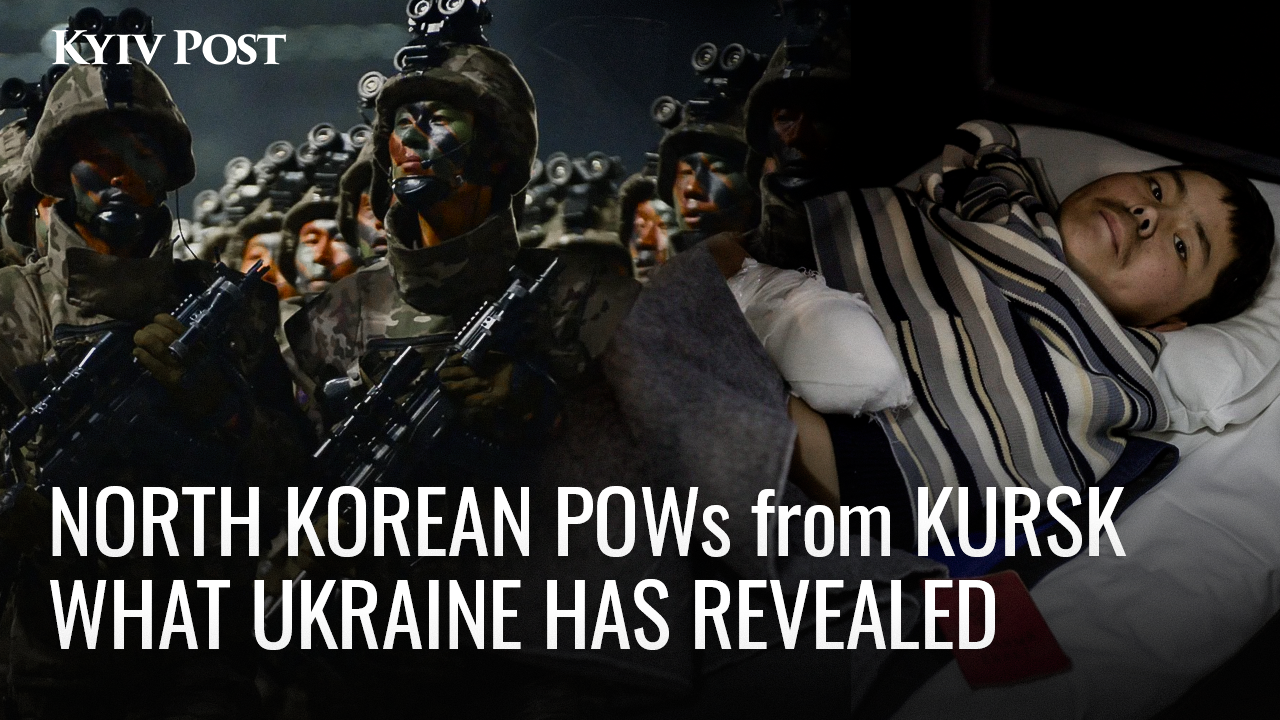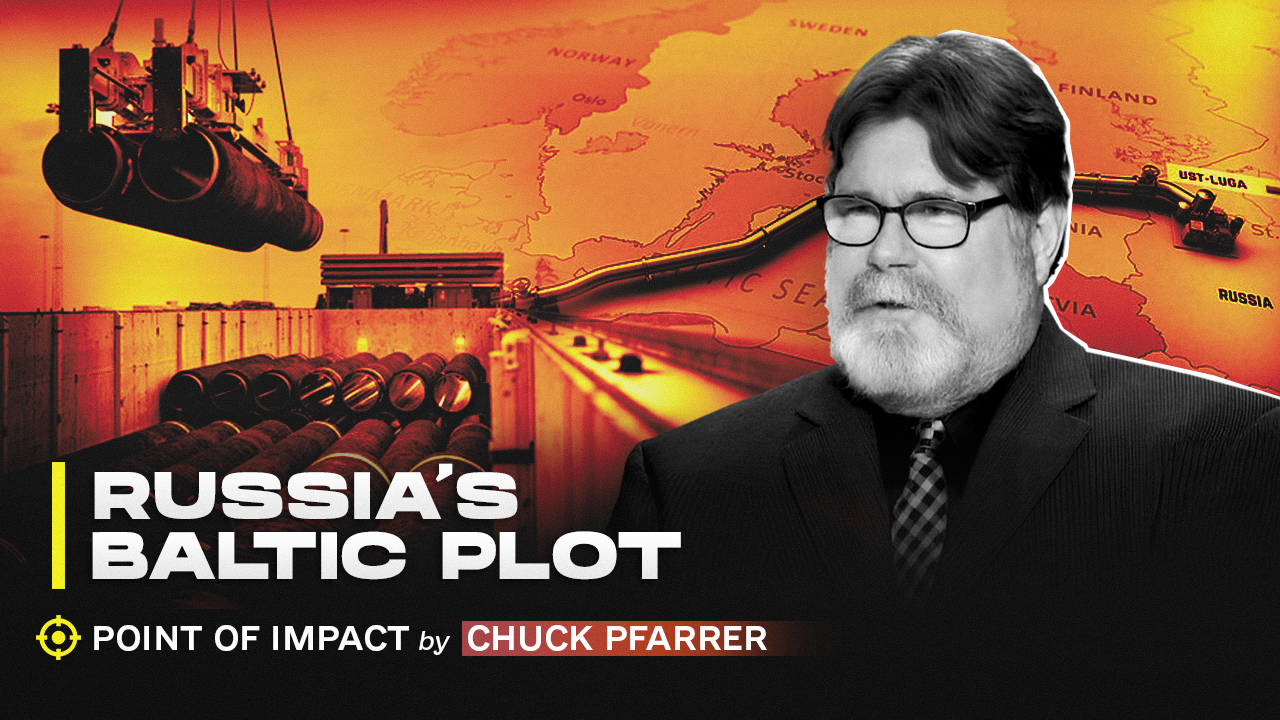The AFP on Tuesday reported that Russia was blocking access to dozens of European media outlets, including AFP websites, in response to the EU slapping broadcasting bans on several Russian outlets last month.
The Kremlin has put up walls for its citizens to access Europe’s oldest media outlets (both conservative and liberal), including France’s Le Monde, Germany’s Der Spiegel and Spain’s El Mundo. The Russian Foreign Ministry blacklisted 81 websites operating across 25 EU countries.
JOIN US ON TELEGRAM
Follow our coverage of the war on the @Kyivpost_official.
Moscow’s lashing out came in response to the European Union’s ban on four Kremlin-controlled media outlets in May, who for the most part have whole-heartedly supported the invasion of Ukraine if only for the sake of these journalists they're keeping their jobs or else staying out of the gulags.
Other independent journalists who have tried to report the news, such as Evan Gershkovich of the Wall Street Journal, have been jailed. Russian President Vladimir Putin regularly has imprisoned protesters for speaking out against what he has decreed as a “special operation” in Ukraine. He has killed his leading political opponent, Alexei Navalny.
After Russian agents and bots have attacked Western sites’ comment sections for years and the EU’s latest block on Moscow’s propaganda, the Kremlin saw an opportunity to take “proportionate countermeasures,” the Kremlin said.

Putin Hints Precondition for Peace Talks: Neutered Ukraine
The AFP noted that “the ban will restrict people inside of Russia from accessing the outlets’ online resources and broadcasting materials, the foreign ministry said, without providing details.
European Commission Vice President Vera Jourova called the ban “nonsense retaliation.”
"No, propaganda outlets funded by Russia to spread disinformation as part of Russia's military doctrine are not the same as independent media," she wrote on Twitter. Italy, whose state broadcaster RAI was included, condemned the move as “unjustified.”
US State Department spokesman Matthew Miller told reporters the move showed the Russian government was “afraid of their own people hearing the truth about Russia's actions.”
AFP reported that, in 2022, the European Union blocked the Kremlin's flagship 24-hour news channel RT, a move Moscow denounced as an attack on press freedom. “Russia has since blocked internet access to most Western-based news outlets and social media networks like Facebook, as it seeks to block any independent information about the conflict,” AFP wrote. However, access to these sites remains possible through a virtual private network (VPN), much like foreigners must do in China.
81 European media blocked by #Russia: RSF condemns the Kremlin's "counter-restrictions" based on a false claim of retaliation. Russia blocked independent media; the EU blocked 3 propaganda outlets of a closed state taking advantage of the openness of democracies. pic.twitter.com/b5wVqsgU8o
— RSF (@RSF_inter) June 25, 2024
Zelensky shares photos of 90 repatriated Ukrainian prisoners of war
“Home is not just a word. Home is Ukraine. Today, ninety more of our people have returned home from Russian captivity,” President Volodymyr Zelensky posted to social media to welcome back returning prisoners of war.
The president described the missions and branches of the military of those released: National Guard, the Navy, the Army, and Border Guards: “Those who defended Mariupol. Those who defended the Chornobyl nuclear power plant. Those who were on the Kherson, Donetsk, Kharkiv, Zaporizhzhia and Luhansk fronts,” Zelensky wrote.
Officials in Kyiv said that 32 National Guardsmen, 18 border guards, 17 Navy sailors, 15 Army soldiers and eight territorial defense servicemen returned home. Russian sources claimed that it was an equal exchange, 90 for 90.
Zelensky singled out those fighters who fought in the defense of Mariupol: 59 of those defenders were returned, including 52 soldiers who defended the Azovstal steel plant.
Five National Guardsmen who guarded the Chornobyl nuclear power plant were also released.
“We remember all our people in Russian captivity. We continue our work for the release of everyone. We seek the truth about everyone who may be held by the enemy,” Zelensky wrote.
Our people are at home 🇺🇦🇺🇦🇺🇦
— Volodymyr Zelenskyy / Володимир Зеленський (@ZelenskyyUa) June 25, 2024
____
Наші вдома 🇺🇦🇺🇦🇺🇦 pic.twitter.com/1MpGjG9FDt
Home is not just a word. Home means Ukraine. Today, another 90 of our people returned home from Russian captivity.
— Volodymyr Zelenskyy / Володимир Зеленський (@ZelenskyyUa) June 25, 2024
Warriors of the National Guard, the Navy, the Armed Forces, the Territorial Defense Forces, the Border Guard Service. Those who defended Mariupol. Those who… pic.twitter.com/VxiOSxB0hg
ISW calls Moscow’s linkage of Crimean attack and Dagestan terror “nonsensical”
Analysts from the Institute for the Study of War (ISW) posted on Tuesday that the five deaths stemming from Monday’s attack on targets in occupied Crimea were the result of Russian air defense, rather than a Ukrainian targeting decision. The Washington-based think tank went on to lambaste the Kremlin for attempting to frame the air strike along with a recent domestic terror attack in Dagestan as a coordinated effort by the West.
"Kremlin officials absurdly attempted to link the June 23 Ukrainian strikes on legitimate military targets in occupied Sevastopol, Crimea and the likely Islamic State (IS) affiliate Wilayat Kavkaz terrorist attack in the Republic of Dagestan. The Kremlin information operation linking these two events is nonsensical if only because the civilian casualties in Crimea resulted from Russia's interception of an incoming ATACMS missile rather than a deliberate Ukrainian targeting decision,” the ISW analysts wrote.
The ISW went on to note that the Russian Ministry of Defense acknowledged that Russian air defenses caused the Ukrainian missile to deviate from its flight path and detonate in Sevastopol. An unspecified US official also told Reuters in a June 24 article that Russian forces could intercept the ATACMS missile targeting Russian defense systems.
According to state media Ukrinform, Russian officials have offered no evidence for their claims of Ukrainian or American involvement in the Dagestan terrorist attack.
Russia: More footage of how the insurgency in occupied Dagestan began a few days ago. https://t.co/XJCZDM6LBo pic.twitter.com/aGw5xnlGQe
— Igor Sushko (@igorsushko) June 25, 2024
You can also highlight the text and press Ctrl + Enter













